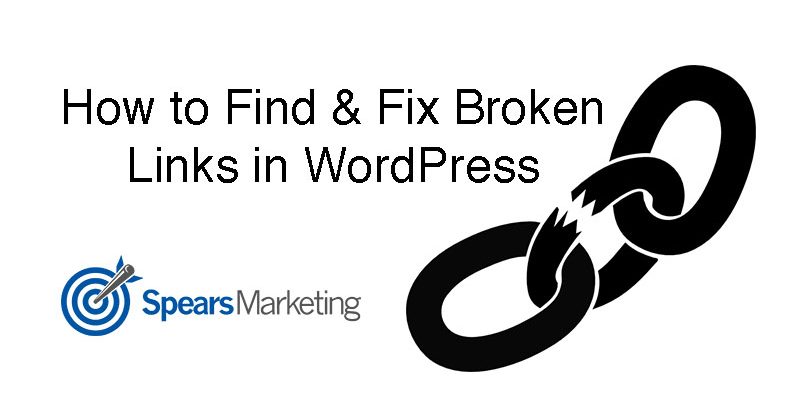If you’ve been blogging for a while, you are (hopefully) using affiliate links and you (hopefully) have these organized in some sort of easy to use list. If you are on WordPress, there is an incredibly useful plugin called Simple URLs that does this for you. If you aren’t already using Simple URLs, this is […]
Why Allowing Ads on Your Blog is a Bad Idea
You put a lot of work into making your blog successful. You’ve probably put blood, sweat, and tears into getting it off the ground, defining your purpose, and growing your audience. Yes, you are furthering your mission for better health in the world, but you also want to help support yourself and your family financially. […]
How to Convert Your Website to HTTPS (and Why You Should)
I recently converted SpearsMarketing.com (and several other client sites) over to HTTPS, and while the process wasn’t difficult, there are several involved steps, so I thought it a good idea to write up a tutorial on the process I used to secure these sites and convert them over. First of all, let’s talk what the HTTPS protocol and an SSL […]
Blogging Photography
One of the keys to a successful blog is great content. One aspect of great content is high quality images to accompany written content. Social media can be a tremendous source of traffic but often the only thing a reader will see from your content on social media is the image. The old saying that […]
How to Find & Fix Broken Links in WordPress
Have you ever searched for a topic in Google, clicked on the result, read halfway through, then clicked a link in the article only have it give the dreaded 404 content not found error? Of course the answer is yes, as most everyone has experienced the annoyance of broken links from time to time. If […]
How to Correctly Optimize & Structure Blog Posts for Google
We all want more traffic from Google, right? Search Engine Optimization (or SEO for short), is both the art and science of making your blog posts show favorably in the search engines when someone performs a search for a topic you would like to rank for. Many beginning bloggers take a “hope and pray” attitude […]
How to Perform a Content Audit of Your Blog
If you’ve been blogging for any length of time, you probably have a lot of content on your site: blog posts, pages, custom post types, comments, images, and more. It’s also probable that your most recent content is of a much higher quality than your older work, since your writing skills have likely improved substantially […]
How to Convert Blog Commenters into Email Subscribers
Have you heard the old internet marketing saying that “the money is in the list”? While it’s only partially true, building an email list of raving fans should be an important part of your marketing strategy. If you’ve been blogging consistently for any length of time, there’s a good chance you have a large number […]
How to (Easily) Speed up Your Website
If you’ve owned a blog or website built on WordPress for any length of time, you’ve probably wondered if it’s possible to speed it up, since Google has said that site speed plays an important role in their ranking factors, and since we’re all impatient and hate waiting for a website to load. While WordPress […]
Why You Shouldn’t Allow Comments on Blog Pages
If you run a website or blog that publishes regular content, you’re probably familiar with commenting functionality, where a reader can leave a note or reply to what you’ve written. I’m a big fan of comments, especially when you can convert those readers into email subscribers! Comments are great for blog posts. In fact, to […]
- 1
- 2
- 3
- …
- 6
- Next Page »






